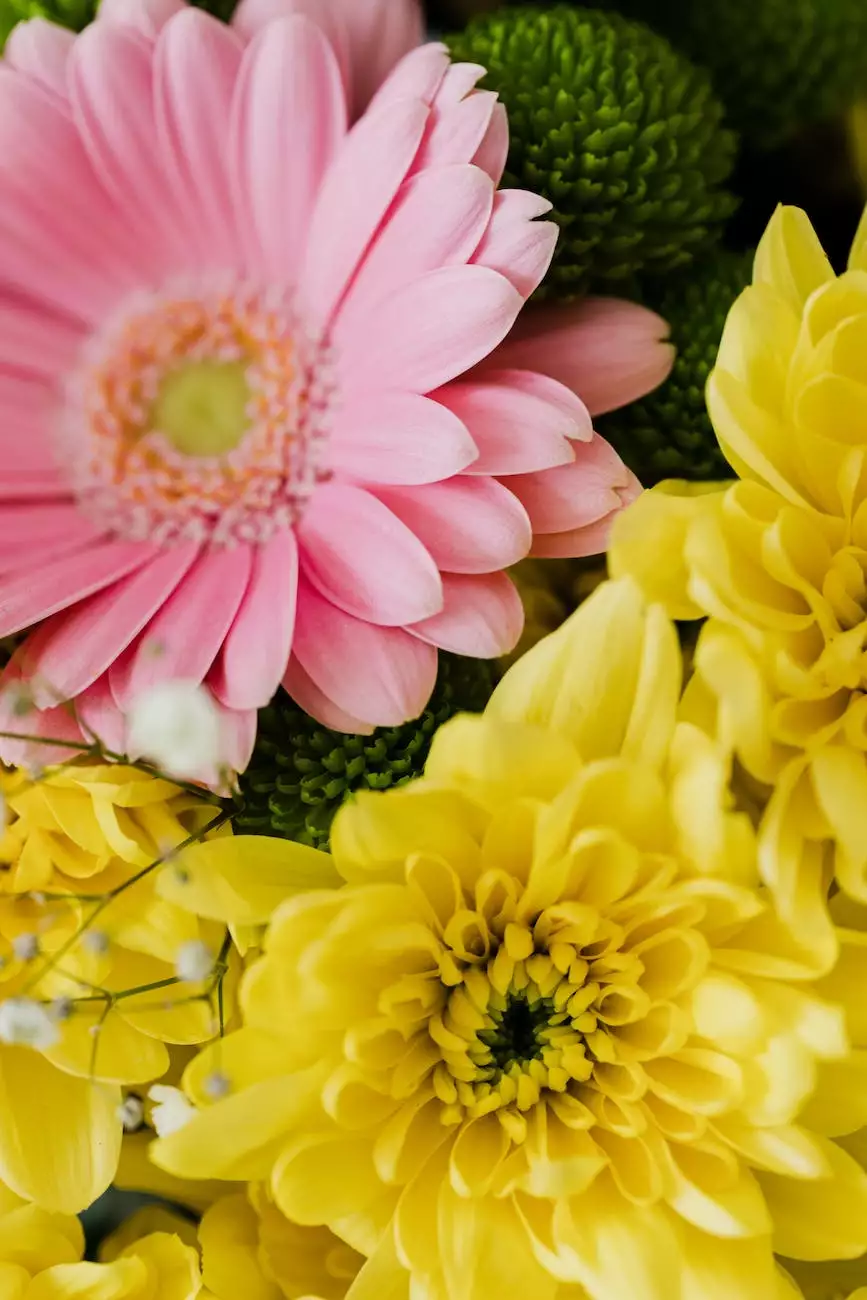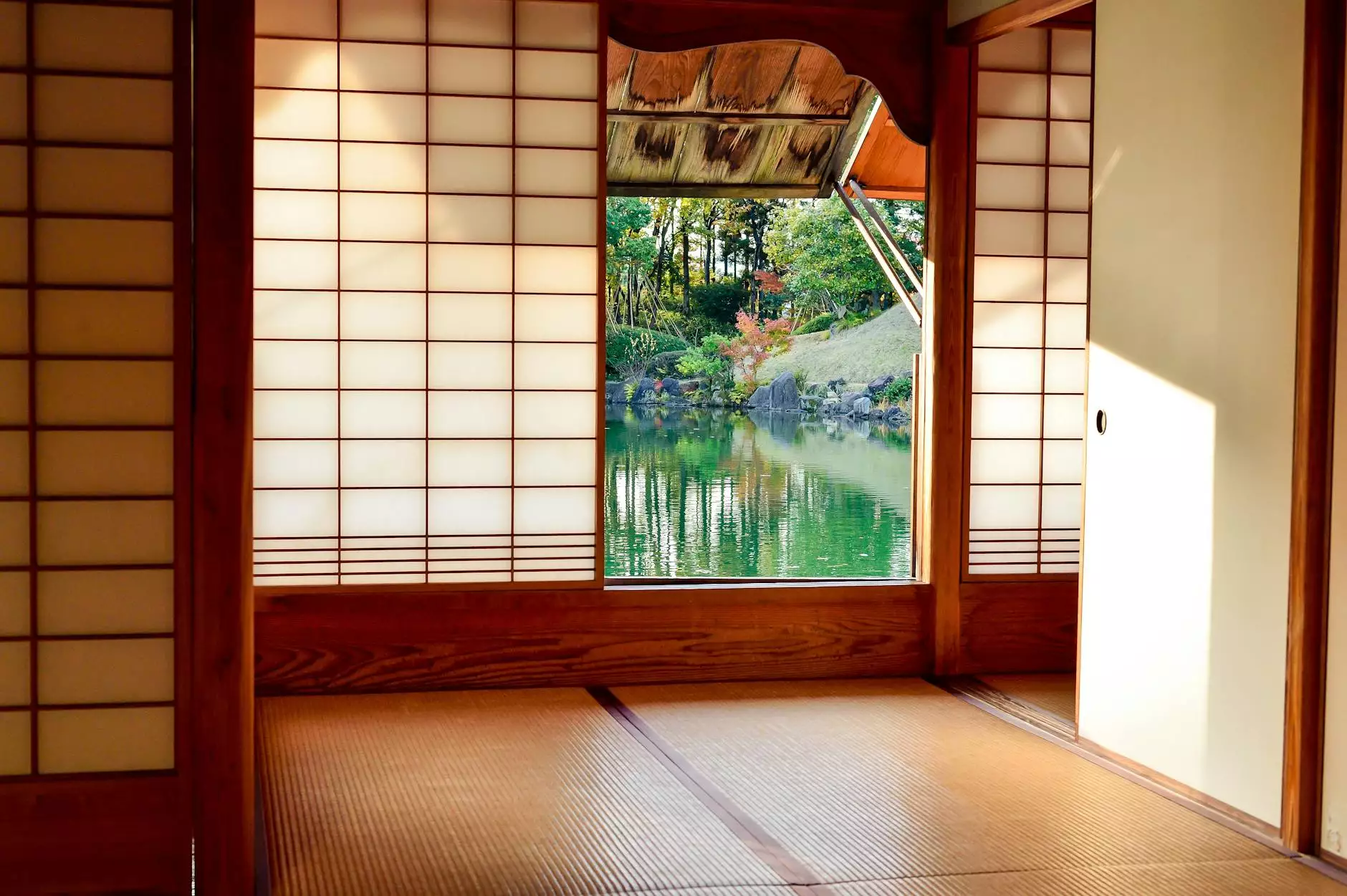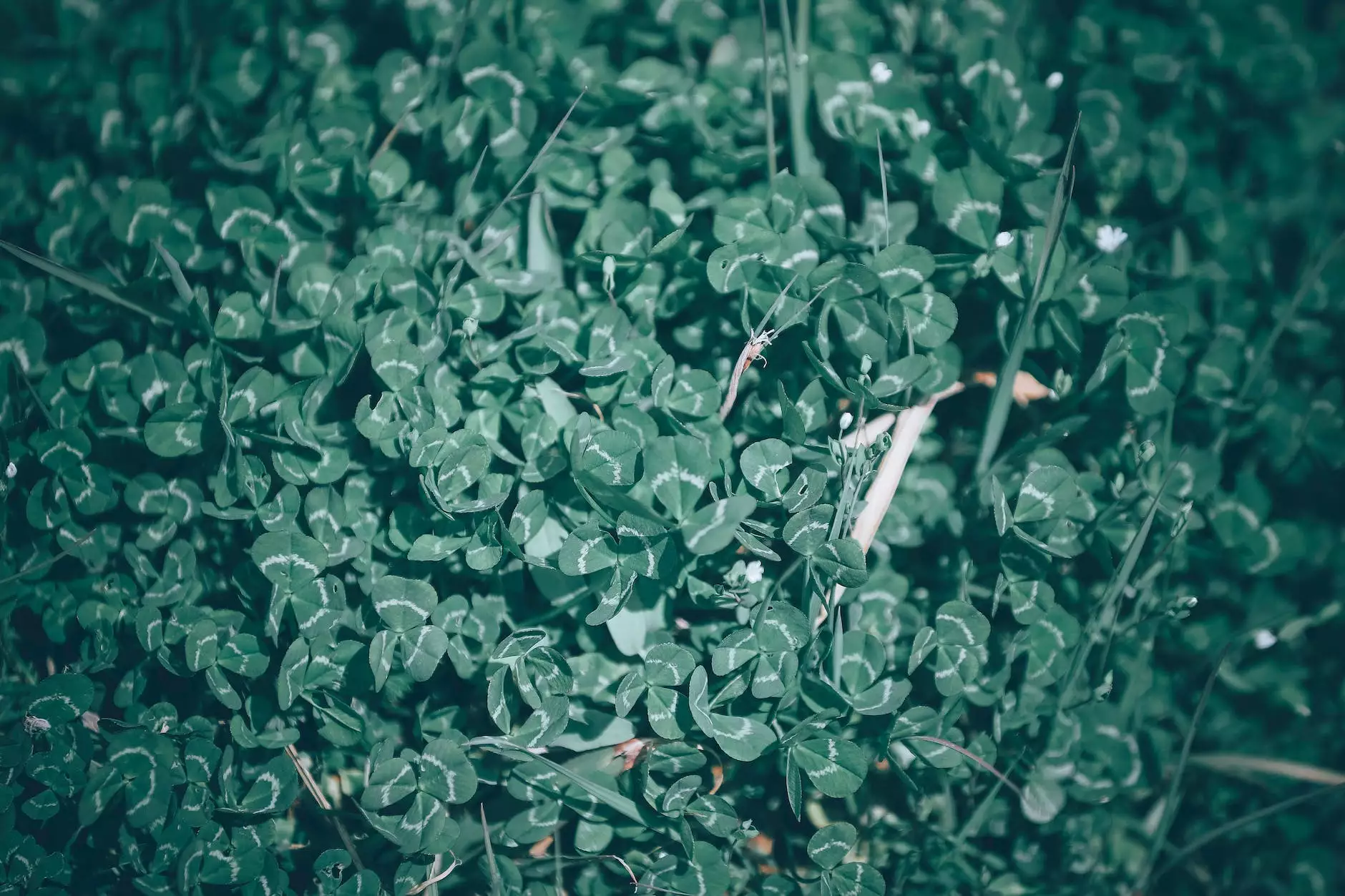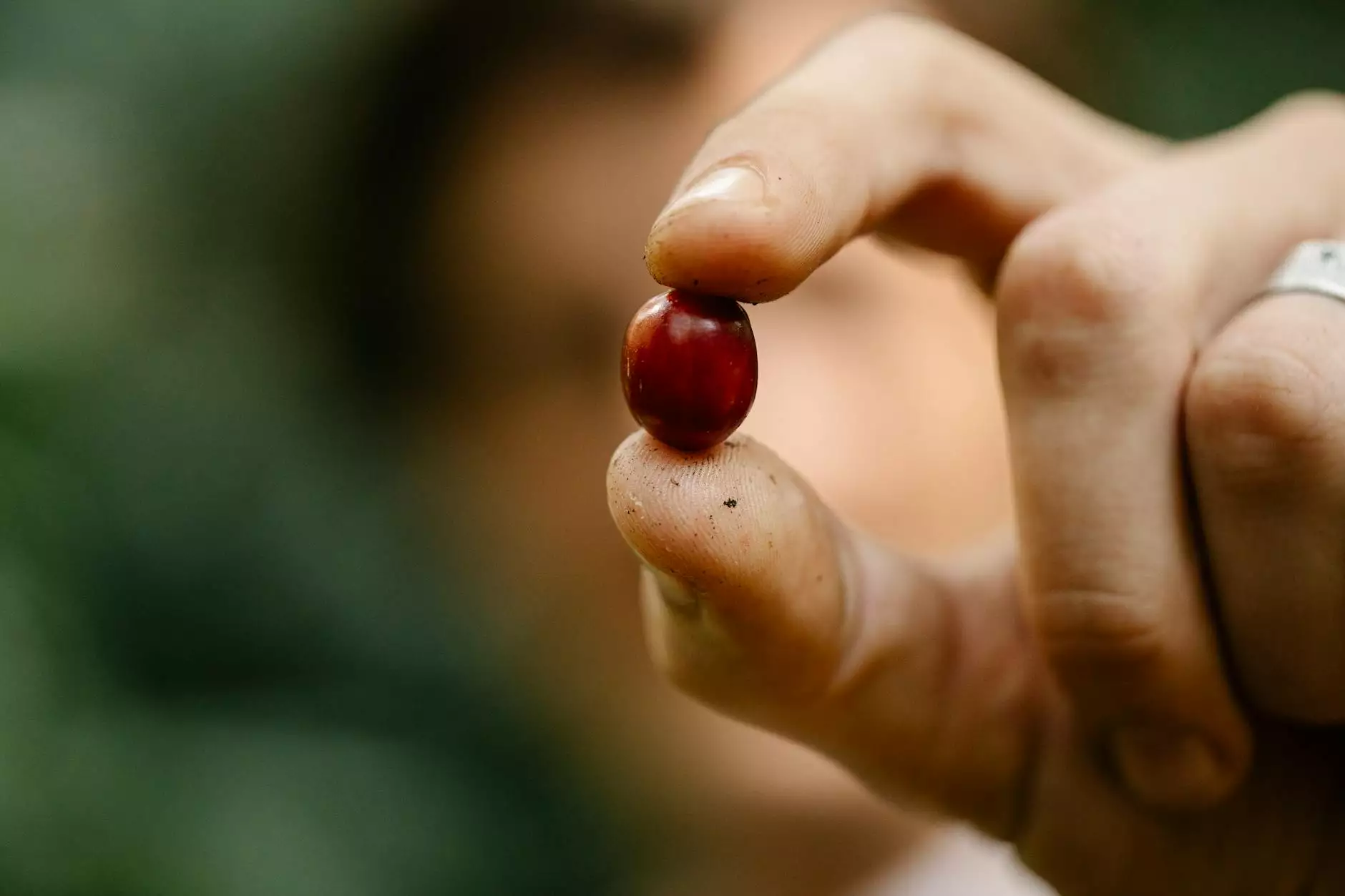COLOR THEORY IN THE GARDEN
Custom Outdoor Patio
Bringing Vibrance to Your Garden with Color
Welcome to American Pond & Gardens, your go-to resource for everything related to home and garden, specifically focusing on gardening. In this blog post, we delve into the captivating realm of color theory and how it can transform your garden into a visual masterpiece.
Understanding Color Theory
Color theory is the study of how colors interact, complement, and contrast with one another. By applying the principles of color theory to your garden design, you can create harmonious and visually striking outdoor spaces. Let's explore some key aspects of color theory:
1. The Color Wheel
The color wheel is a fundamental tool in understanding and implementing color theory in your garden. It consists of primary, secondary, and tertiary colors arranged in a circular format. Primary colors (red, blue, and yellow) are the foundation of all other colors. Secondary colors (orange, green, and purple) result from combining two primary colors, while tertiary colors are achieved by mixing primary and secondary colors.
2. Warm and Cool Colors
Colors can be broadly categorized into warm and cool tones. Warm colors, such as red, orange, and yellow, evoke feelings of energy, excitement, and passion. On the other hand, cool colors like blue, green, and purple offer a sense of calmness, tranquility, and relaxation. Understanding the emotional impact of warm and cool shades can help you create specific moods within your garden.
3. Color Schemes
Color schemes refer to the strategic combinations of colors used in a garden design. Some popular color schemes include:
- Monochromatic: Utilizing variations of a single color to create a tranquil and cohesive look.
- Analogous: Combining colors that are adjacent to each other on the color wheel for a harmonious and balanced effect.
- Complementary: Pairing colors that are opposite each other on the color wheel to create vibrant contrasting displays.
- Triadic: Selecting three colors that are evenly spaced on the color wheel to create an energetic and dynamic visual impact.
Enhancing Your Garden's Visual Appeal
Now that we have a basic understanding of color theory, let's explore practical tips to enhance the visual appeal of your garden:
1. Determine Your Garden Style
Before diving into color selection, it's essential to identify your garden style. Whether you prefer a contemporary, cottage, or Mediterranean-themed garden, understanding your desired style will help guide your color choices.
2. Create Focal Points
Strategically placed focal points draw the eye and create visual interest. Consider incorporating vibrant flowers, ornamental structures, or eye-catching containers with bold colors in key areas of your garden.
3. Balance Bold and Subtle Colors
Strike a balance between bold and subtle colors to ensure visual harmony. Introduce vibrant blooms alongside softer hues to create a visually dynamic and captivating garden.
4. Utilize Color to Encourage Movement
Strategically position color throughout your garden to guide visitors' eyes and create a natural flow. Use warm colors to attract attention to specific areas and cool tones to create a sense of tranquility in quieter corners.
5. Consider Seasonal Color Changes
Create a garden that evolves with the seasons by incorporating plants with varying bloom colors. This dynamic element adds interest and keeps your garden fresh throughout the year.
6. Experiment with Texture and Form
Color is not limited to flowers alone. Integrate textured foliage, colorful shrubs, and unique plant forms to add depth and dimension to your garden design. Remember, not all colors come from blossoms!
The Power of Color in Your Garden
Color has the remarkable ability to evoke emotions and impact our senses. When applied with knowledge and creativity, color can transform your garden into a personal sanctuary. American Pond & Gardens is here to assist you every step of the way, providing expert guidance and a wide selection of plants and gardening supplies to help you achieve your color-inspired garden dreams.




